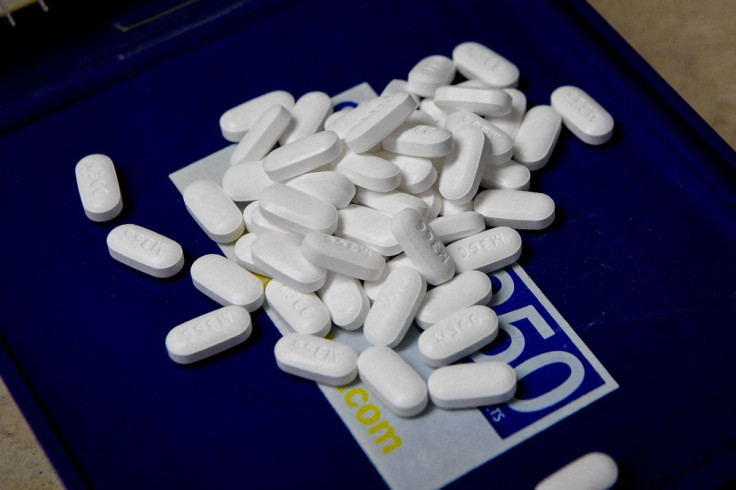West Virginia Cities Reach $400 Million Opioid Distributor Settlement

West Virginia's cities and counties reached a $400 million settlement on Monday with drug distributors McKesson Corp, AmerisourceBergen Corp and Cardinal Health Inc, resolving the local governments' allegations that the three companies fueled an opioid crisis in the state.
More than 100 local governments had sued the drug distributors, alleging they recklessly oversupplied West Virginia with prescription pain medication. The settlement ends those lawsuits and builds on the companies' previous settlements with the state Attorney General's office.
"I'm happy to see the judicial system work as it should by benefiting West Virginia communities that have been hit hard by opioid abuse," West Virginia Attorney General Patrick Morrisey said in a statement.
Cardinal Health said in a statement that the settlement will provide funds to West Virginia communities in need, and that it remains committed to being "a part of the solution to the opioid epidemic."
McKesson, Cardinal Health and AmerisourceBergen, along with Johnson & Johnson, previously agreed to a $26 billion nationwide settlement of opioid litigation, but that settlement did not include West Virginia.
West Virginia previously settled the state's claims against the three companies, but its local governments brought their own lawsuits separately from the state litigation.
The $400 million city and county settlement does not include two local governments, the City of Huntington and Cabell County, which sued the three companies in federal court. Huntington and Cabell County lost their federal court case on July 4.
"The exclusion of Huntington and Cabell County is particularly painful because this community is the epicenter of the opioid epidemic," said Paul Farrell, an attorney representing the West Virginia cities and counties.
More than 3,300 lawsuits in the United States have been filed by local and tribal governments over the opioid abuse and overdose epidemic. They accuse drugmakers of downplaying the risks of the addictive pain medicines and distributors and pharmacies of ignoring red flags that the drugs were being diverted into illegal channels.
U.S. officials have said that by 2019, the health crisis led to nearly 500,000 opioid overdose deaths over two decades.
© Copyright Thomson Reuters 2024. All rights reserved.











